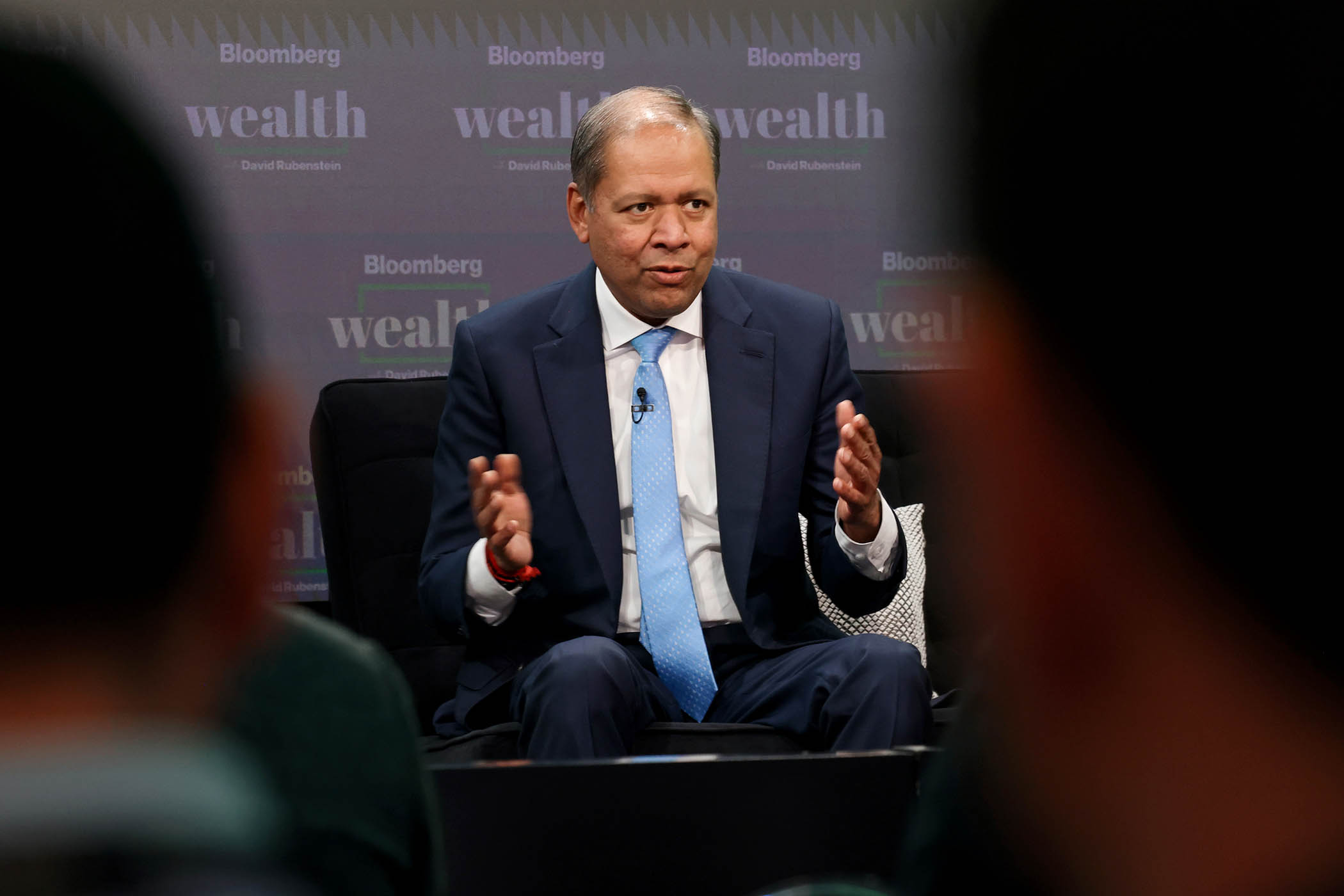CS Venkatakrishnan, the chief executive of Barclays, is the latest British banking boss to warn the government against increasing taxes on the sector.
“UK banks are taxed more than banks anywhere else,” he said this week. “How much more are you going to squeeze this?”
It is hard to argue with his main point, that such a tax increase would only add to the impression that, for all its talk about the importance of economic growth, the government is hostile to business.
Yet a recent report by the Institute for Public Policy Research found that Britain’s banks are benefiting from policies introduced to keep the economy afloat. “Fixing the Leak: how to end the annual $22bn taxpayer losses at the Bank of England”, argues that as it unwinds historic quantitative easing (QE) policies at a time of higher interest rates, the Bank is losing $22bn a year, the bill for which is being paid out of tax revenues.
The IPPR points out that banks, which survived and then did very well because of QE, are now collectively enjoying record profits and high share prices.
The left-leaning IPPR also says that even the ultra-free-market Conservative prime minister, Margaret Thatcher, was not averse to taxing bank’s windfall profits, imposing a tax on deposits in 1981. If ever there were a time when Britain’s banks could take the hit without having to rein in their business activities, it is now.
Given the unpalatable choices facing the chancellor, Rachel Reeves, the temptation to ignore the bad optics and the protests of Venkatakrishnan and his peers and tax the banks’ windfalls may be impossible for her to resist.
Photograph by Bess Adler/Bloomberg via Getty Images
Newsletters
Choose the newsletters you want to receive
View more
For information about how The Observer protects your data, read our Privacy Policy

